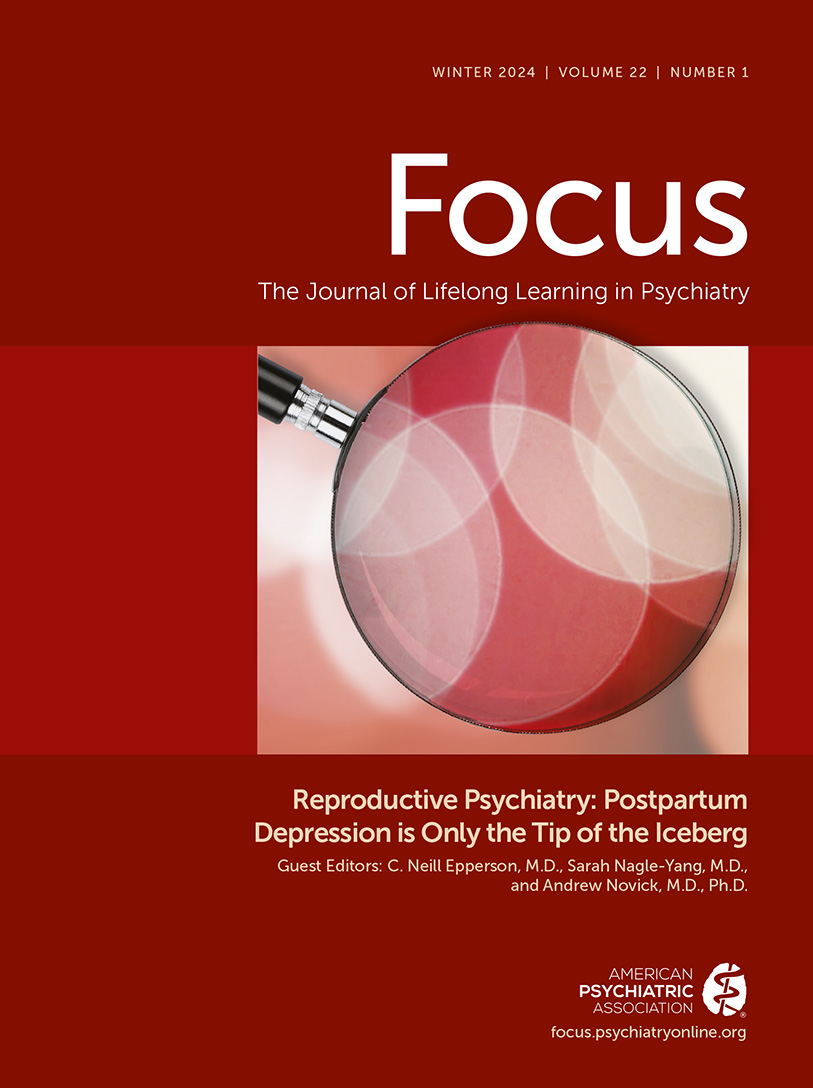Depression in Polycystic Ovary Syndrome: Focusing on Pathogenesis and Treatment
Abstract
Polycystic ovary syndrome (PCOS) is one of the most prevalent gynecological endocrine conditions affecting reproductive women. It can feature a variety of symptoms, such as obesity, insulin resistance, skin conditions, and infertility. Women with PCOS are susceptible to illnesses including mood disorders, diabetes, hypertension, and dyslipidemia. Among them, depression is the most common in PCOS and has a detrimental effect on quality of life. Depression may occasionally develop due to the pathological traits of PCOS, but its exact pathogenesis in PCOS have eluded researchers to date. Therefore, there is an urgent need to explore the pathogenesis and treatments of depression in PCOS. The present review discusses the epidemiology of depression in PCOS, potential pathogenic mechanisms underlying PCOS and depression, as well as some potential factors causing depression in PCOS, including obesity, insulin resistance, hyperandrogenism, inflammation, and infertility. Meanwhile, some common treatment strategies for depression in PCOS, such as lifestyle intervention, acupuncture, oral contraceptive pills, psychological intervention, and insulin-sensitizer, are also reviewed. To fully understand the pathogenesis and treatment of depression in PCOS, a need remains for future large-scale multi-center randomized controlled trials and in-depth mechanism studies.
Appeared originally in Front Psychiatry 2022; 13:1001484
Access content
To read the fulltext, please use one of the options below to sign in or purchase access.- Personal login
- Institutional Login
- Sign in via OpenAthens
- Register for access
-
Please login/register if you wish to pair your device and check access availability.
Not a subscriber?
PsychiatryOnline subscription options offer access to the DSM-5 library, books, journals, CME, and patient resources. This all-in-one virtual library provides psychiatrists and mental health professionals with key resources for diagnosis, treatment, research, and professional development.
Need more help? PsychiatryOnline Customer Service may be reached by emailing [email protected] or by calling 800-368-5777 (in the U.S.) or 703-907-7322 (outside the U.S.).



